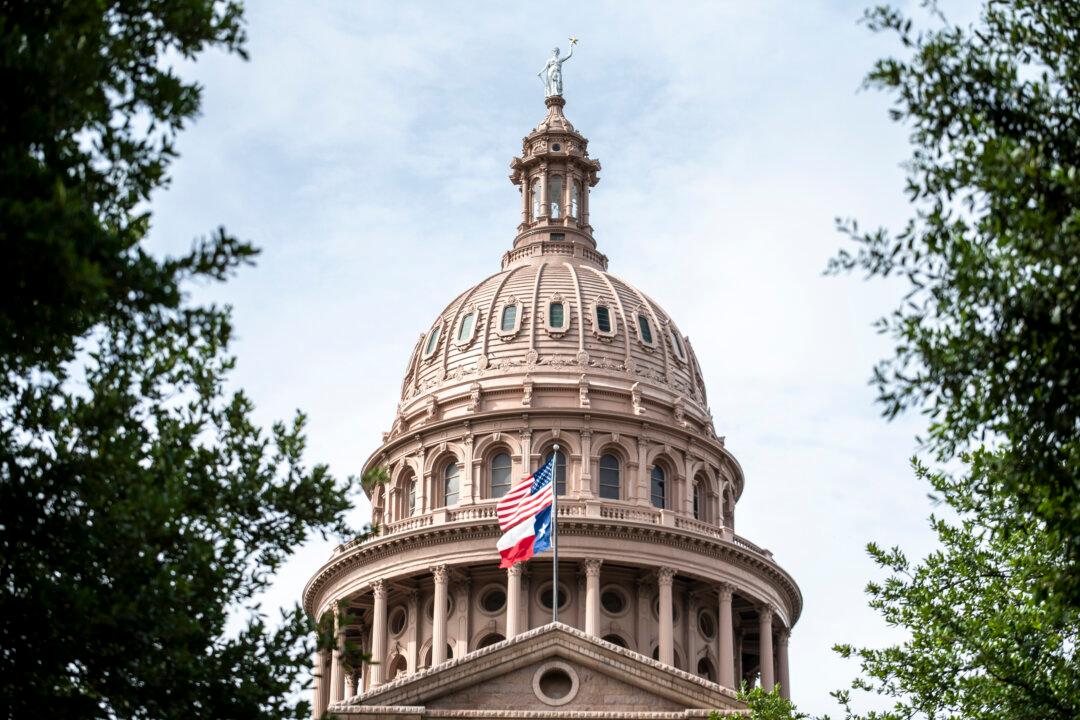The Texas economy is expected to make a “soft landing” this year, according to the Federal Reserve Bank of Dallas.
Job increases are slowing. The bank expects jobs to grow by 1.4 percent this year, significantly lower than last year’s 3.5 percent job growth and below the state’s annual 2 percent trend.





